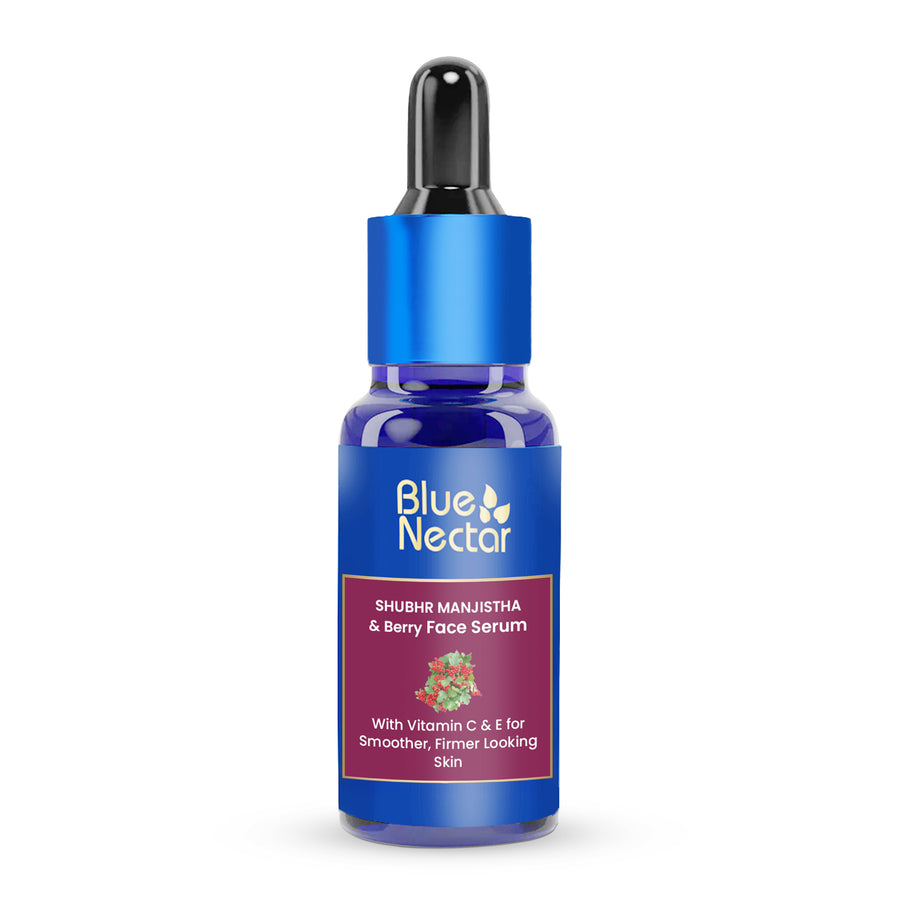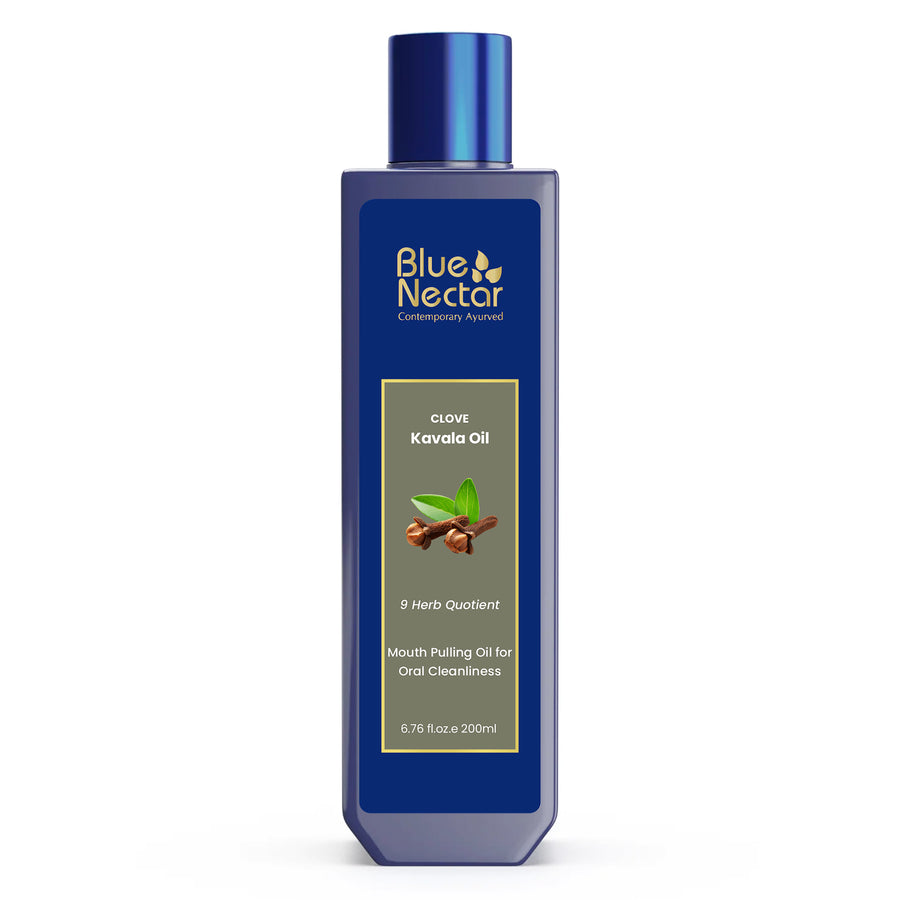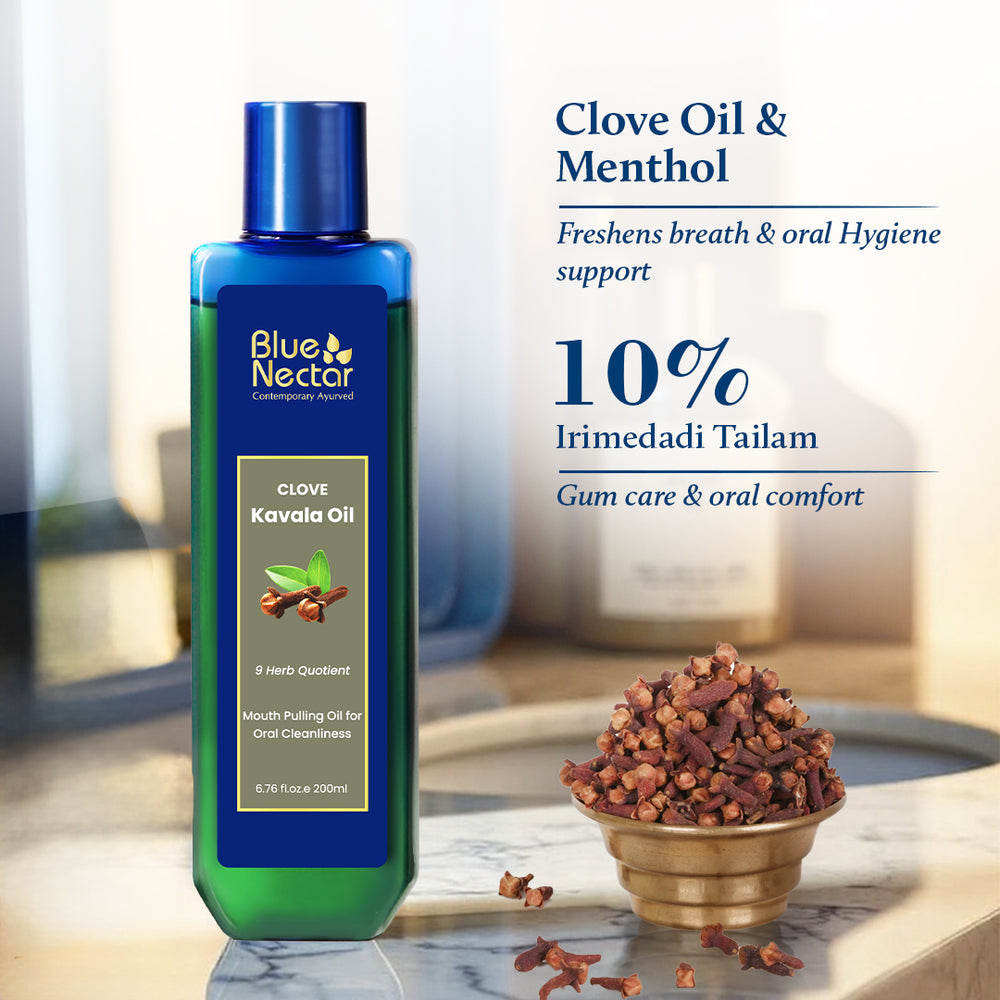How to Get Rid of Pimples Naturally at Home
| Estimated Reading Time: 7 minutes |
Whether it's the pesky last-minute zit that suddenly appears on your face or those stubborn whiteheads that won't budge from your nose, we can all relate to the frustrating conundrum of dealing with pimples. We've all been there. While the market is flooded with countless pimple face wash products claiming to offer the perfect solution, you haven't found the right one yet.
Alternatively, you may prefer to avoid relying solely on over-the-counter products and explore more . If you're looking to skip the trip to the chemist or incorporate natural ingredients, we have some home remedies for pimples that can effectively address every kind.

In this blog, we will explore effective home remedies that can help you bid farewell to those pesky blemishes and help you achieve the clear complexion you desire. Whether you choose a natural home remedy or a specialized pimple face wash for your skin type, it's important to find a solution that works. Get ready to discover the transformative power of nature's remedies and take control of your skin health, ensuring radiant, blemish-free skin.
Highlights:
|
What causes Pimples?
First, let's delve into the factors that contribute to the development of acne. Understanding these causes is crucial in effectively combating this common skin condition.
- Excess oil production: Excess oil production is a significant contributor to acne. When your skin produces too much sebum (oil), it can clog your pores, creating a perfect environment for acne-causing bacteria to thrive.
- Hormonal imbalance: Hormonal imbalance triggers acne by enlarging sebaceous glands during puberty, increasing sebum production. Hormonal fluctuations from pregnancy or oral contraceptives can affect sebum production too. PCOS (Polycystic Ovary Syndrome) can be a significant underlying cause of acne.
- Diet: Diet significantly impacts skin health, including the occurrence of acne. Sugar, dairy products, high-carbohydrate items like bread, chocolates, milk, chips, bagels, and deep-fried foods can worsen acne.
- Stress: Stress has a profound impact on our skin, often underestimated. Notice how your skin looks better during vacation compared to stressful work periods? Stress can disrupt hormones and lead to acne breakouts.
- Genetics: Genetics influence acne, and a family history increases the likelihood of experiencing it. Certain genetic factors can make individuals more prone to acne.
How can I clear my face pimples?
Incorporating a pimple face wash into your skincare routine can be beneficial if you want to clear your face of pimples. Here are the steps you can take:
- Choose the proper face wash: Look for a specifically formulated to target acne and pimples. Opt for ayurvedic face wash with natural ingredients, which can help reduce inflammation and unclog pores.
- Cleanse your face twice daily: Wash it with the pimple face wash, gently massaging it onto your skin using circular motions.
- Rinse thoroughly: After cleansing with pimple face wash, rinse your face with lukewarm water to remove any residue from the face wash. Pat your skin dry with a clean towel.

- Follow with a suitable skincare routine: After using the pimple face wash, moisturise your skin with an oil-free, non-comedogenic moisturizer for face to keep it hydrated without clogging your pores.
Is face wash good for pimples?
Yes, face wash can be highly beneficial in treating pimples. Using a face wash specifically formulated for acne-prone skin helps to effectively cleanse the skin and remove excess oil, dirt, and bacteria that can contribute to developing pimples. By eliminating these impurities, a good pimple face wash helps unclog pores and reduces the likelihood of new breakouts.
Which is the best face wash for pimples?
Blue Nectar Shubhr Neem Pimple Face Wash is an excellent choice for addressing pimples. It combines the powerful properties of neem and honey to combat acne-causing bacteria and soothe the skin. This pimple face wash deeply cleanses, removing impurities and excess oil without drying out the skin. It unclogs pores and prevents the formation of new pimples, leaving your skin refreshed and revitalised.
Suitable for daily use, this gentle pimple face wash is free from harsh chemicals and artificial fragrances, providing a natural and nourishing experience for your skin. Incorporating Blue Nectar Shubhr Pimple Face Wash into your skincare routine will help target pimples, reduce inflammation, and promote a clearer and healthier complexion.
Can I wash my face 3 times a day?
It's essential to strike a balance when washing your face. While it may be tempting to cleanse your skin multiple times a day, it's recommended by the American Academy of Dermatology to wash your face twice a day and additionally after sweating heavily. Over-cleansing with pimple face wash or any face wash can have unintended consequences and may lead to an increase in oil production, leaving your complexion looking even greasier.
Sticking to a consistent cleansing routine allows your skin to maintain its natural balance and prevent excessive dryness or oiliness. Cleansing with pimple face wash in the morning and evening helps remove dirt, excess oil, and impurities accumulated throughout the day and overnight.
If your skin gets excessively oily or you're dealing with acne, consider using a gentle, non-comedogenic pimple face wash like the Blue Nectar Shubhr Neem Pimple Face Wash It will help keep your skin clean without stripping it of its natural oils.
How can I remove pimples naturally at home? DIY recipes using kitchen ingredients
Removing pimples naturally at home can be achieved using simple DIY kitchen ingredients recipes. Here are a few effective remedies:
● Turmeric and Honey
Turmeric is renowned for its anti-inflammatory properties, making it a valuable ingredient for shrinking the size of pimples. It also aids in reducing excess oil on the skin. Honey, on the other hand, is known for its antibacterial and antimicrobial properties, making it effective in combating bacteria associated with pimples.
Mix 1/2 tsp turmeric with 1 tbsp honey to create a pimple-fighting mask. Apply to damp skin for 5 minutes, then rinse.
● Multani Mitti
Multani Mitti, or Fuller's Earth, is a natural remedy renowned for eliminating pimples and preventing breakouts. Using it, you can deeply cleanse your skin, removing impurities and dirt particles that may clog your pores.
Mix 1.5 tablespoons of Multani Mitti with water or rose face water to create a smooth paste. Apply evenly to your face and leave for 20 minutes. Rinse off for a refreshed complexion.
● Chickpea Flour
Chickpea flour, or gram flour, is a fantastic natural remedy for pimples, particularly those with oily skin. It effectively reduces greasiness by absorbing excess sebum secretion, helping control oiliness and preventing acne breakouts.
Create a paste by mixing one tablespoon of chickpea flour with water. Apply the mixture evenly to cleansed skin and leave it on for 10 minutes. Rinse off with water for a refreshed complexion.
● Yoghurt
With its lactic acid and live cultures, Yoghurt helps exfoliate dead skin cells and has antibacterial properties.
Use a brush to apply 1/4 cup of organic, plain Yoghurt to your face. Leave it on for 10 minutes until dry, then wash off. Remember, a healthy gut can also improve acne, so including yoghurt in your diet promotes overall skin health.
● Aloe Vera
Aloe vera is a powerful natural remedy for treating inflamed and painful pimples. Extract fresh aloe vera gel directly from the plant for optimal results. Aloe vera possesses antibacterial properties that effectively reduce redness and promote faster healing of pimples. It is also beneficial in treating boils and cysts due to its antifungal traits.
As an astringent, aloe vera helps remove excess oil from pimples. Additionally, with regular daily application, it can help lighten acne scars.
Winding up
Homemade facial masks are a great way to rejuvenate your skin and effectively treat acne. These DIY recipes utilise common ingredients found in your pantry and refrigerator. Give one or more of these remedies to address pimple-prone skin and observe the positive changes in your skin's condition.
In addition to homemade remedies, incorporating a specialized face wash like Blue Nectar Shubhr Neem Pimple Face Wash can further enhance your acne-fighting routine. Using this pimple face wash alongside homemade facial masks can provide a comprehensive approach to treating acne, ensuring clearer and healthier skin.
Recommended Products by Blue Nectar:
Shubhr Kumkumadi Face Wash | Non-Drying - Gentle Cleansing





















Leave a comment